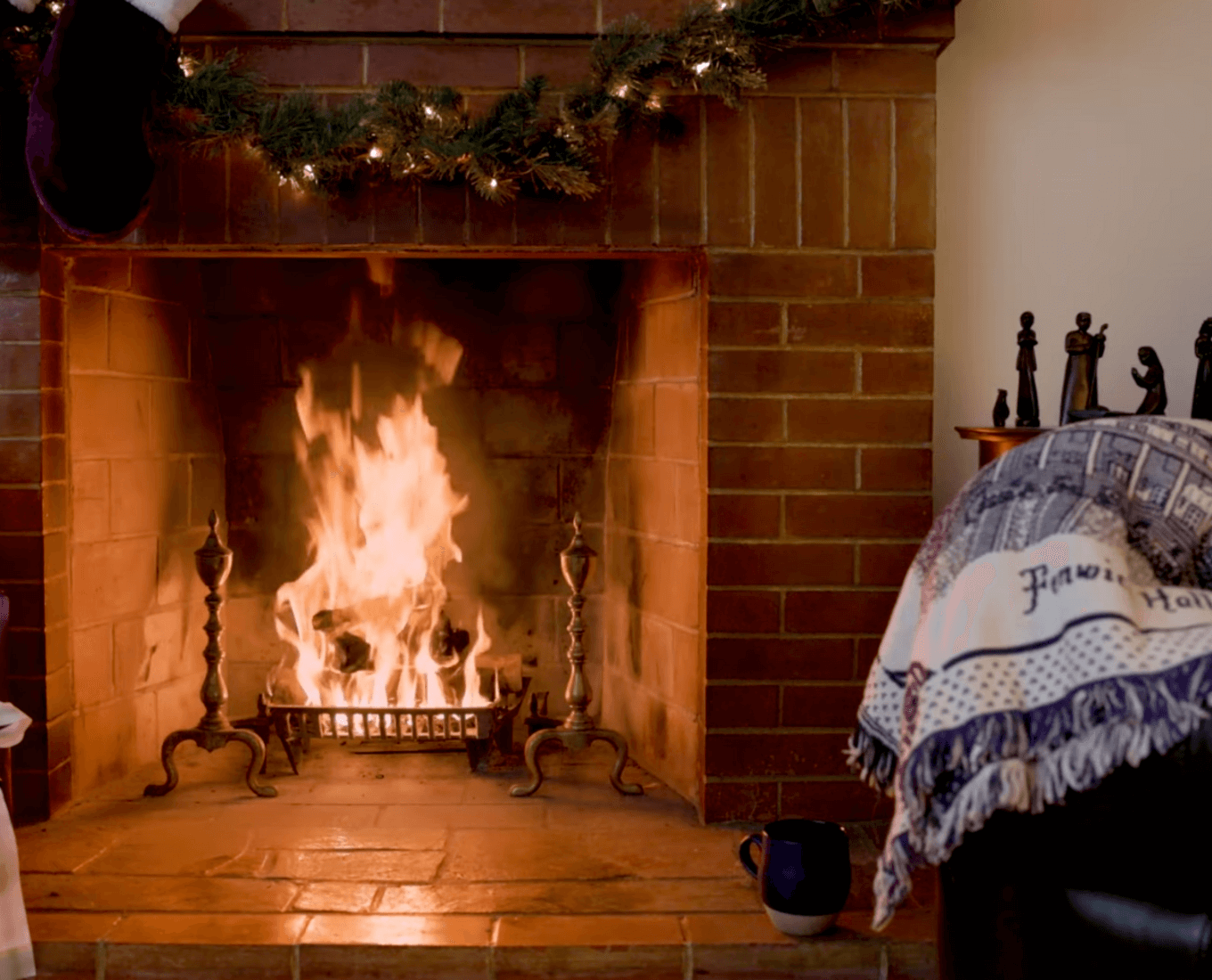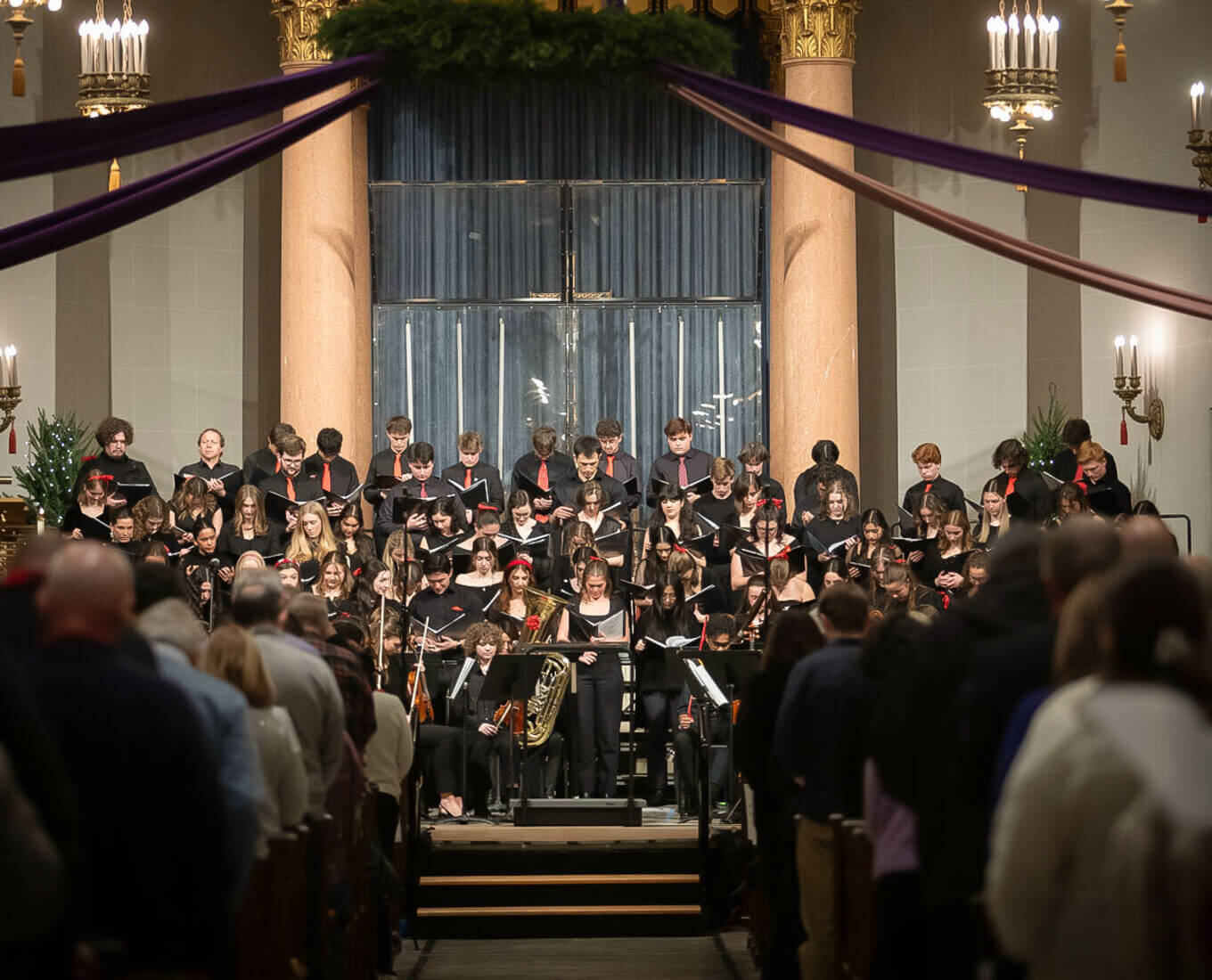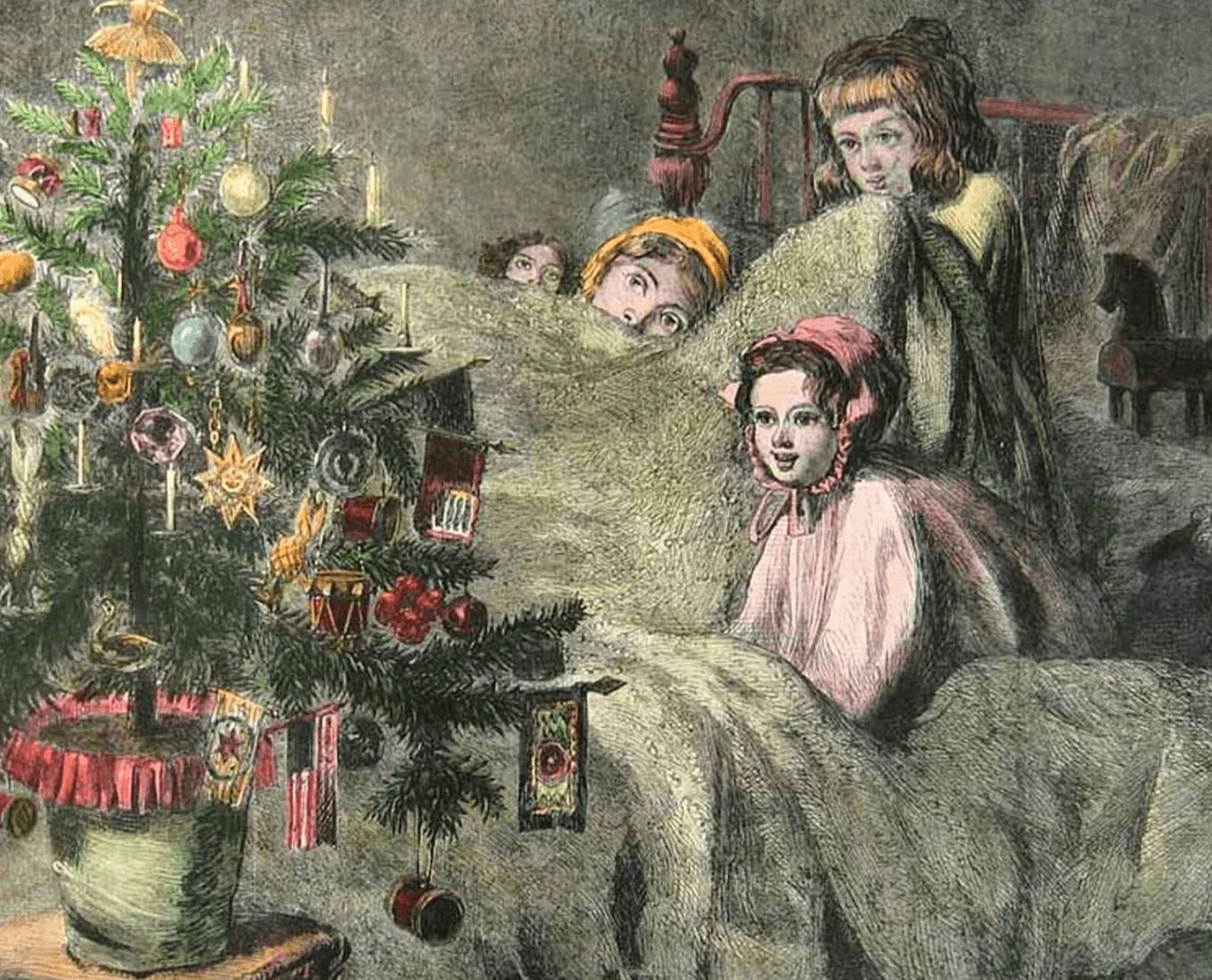On a grey Friday afternoon in March, students in the seminar Who Are Our Neighbors and Why? make a list of the potential barriers to health care experienced when you're poor, sick and living in a city.
They'd been reading “Health Care Off the Books: Poverty, Illness and Strategies for Survival in Urban America” by sociologist Danielle Raudenbush, and the list they made with Kyle Woolley, lecturer and director of mission initiatives, was long. For the residents of Jackson Homes, a public housing development located in an unnamed urban area featured in the book, paying the doctor's bill is just one issue. Transportation, fear of a diagnosis, lack of family support, bureaucracy, environmental factors and past, unpleasant experiences with the medical establishment are also challenges.
Woolley shares that some Jackson Homes residents have created a "social cooperative process" to offer one another care and support: "Some people have the opportunity to go to the hospital; others don't. Where the cooperation comes in is that the people who do have the opportunity give others the information they need. They become brokers or intermediaries."
"What are the dangers or consequences if something goes wrong?" he asks the class.
It's a big, yet commonplace, question in this course and others like it offered through the College’s Montserrat program. Montserrat aims to introduce all first-year students to the intellectual life of the College through an experience of living and learning together over the academic year. Students are grouped in small clusters and assigned a two-semester course that falls under one of six areas:
- Contemporary challenges.
- Core human questions.
- The divine.
- Global society.
- The natural world.
- The self.
The nearly 20-year-old program's name references St. Ignatius of Loyola and the pledge he made to abandon his secular life and goals and seek one of service to God at the altar of the Benedictine Monastery of Santa Maria de Montserrat in Catalonia, Spain.
“This course opened up an avenue for me to engage with students around a topic at the heart of my vocation,” Woolley said. “It was tremendously life-giving to spend a year as a group focusing on questions of disadvantage, inequality, poverty, human agency, social change and hope for a more just society. And then to think about what this means about who we consider our neighbors to be and the kinds of neighbors we want to be centers so much of what Holy Cross and teaching and learning means.”
'Survival strategies aren't necessarily a fix, right?'
Eight months into their 2024-2025 Montserrat experience, these students had examined the concept of "neighbor" in depth, considering how social life is organized, how people define and treat a neighbor, and what "neighbor" means in the context of resource distribution (think food, medicine, health care and education). They'd discussed how individuals and their communities make meaning through connection, and how cultural, economic, political and social influences affect those relationships. In the students' spring semester, the seminar's focus shifted to an examination of how groups organize to push back or challenge the people and systems that hold the power in a community.
"We're talking about survival strategies. The social process of treating ailments really hinges directly on the social relationships, the idea of 'neighbors' in Jackson Homes," Woolley tells the students. "But survival strategies aren't necessarily a fix, right?"
Some of the neighborliness recounted in “Health Care Off the Books” is cup-of-sugar kindness: A man with a painful case of gout is lent a walker. But then there are the anecdotes that unsettle: A woman shares her health insurance card with family members, people split a single prescription for antibiotics, an inhaler is passed from one person to another.
And then there are other expressions of neighborliness spanning decades: One day in April, Anthony Fauci, M.D., '62, Hon. '87, and his wife, Christine Grady, a bioethicist and nurse, visited the seminar and shared stories of decades spent working in public health with HIV and AIDS patients. Framed in spiritual terms, Fauci and Grady shared how important love of neighbor has been to their work, Woolley said.
“I think we all found great encouragement in the conversation,” he said.
A more expansive definition
As the course’s students conclude their first year of Holy Cross studies, they call the seminar a transformative experience that has not only awakened them to pressing contemporary social issues but also deepened their sense of empathy for others: for the neighbors they know and the ones they may never meet. “I think that the conversations that we had opened up a life-long journey toward being people with and for others,” Woolley said.
"There are struggles out there that are so real for so many people, and I had been just going along with my day-to-day life, not thinking about it," said Benjamin King '29. "One thing I distinctly remember: We were reading a book on Chicago school closures, public school closures. I went through a public high school system, never having to worry about school security. And to think that my community, my friends, that all of that could have been taken away from me, just like it was for these Chicago schools that are being shut down. And the structural systems that are responsible for that, that just really opened my eyes to seeing the world in a different light."
One trickle-down effect of examining economics, politics, and power differentials with a more expansive definition of "neighbor" is critical thinking at the level of the word, students said.
"Before this class, I would say I didn't have a specific word I used when I thought of my interactions with people," King said. "Now the word 'neighbor' feels different, different from the term 'friend' or 'acquaintance.'"
"A neighbor could be anyone from any background, from any place in the world," classmate Beatrice Rastley '29 noted.
"We're all neighbors to each other, whether we like it or not," said classmate Sarah Kolath '29. "We're all tied by humanity, and we're all in it together."


